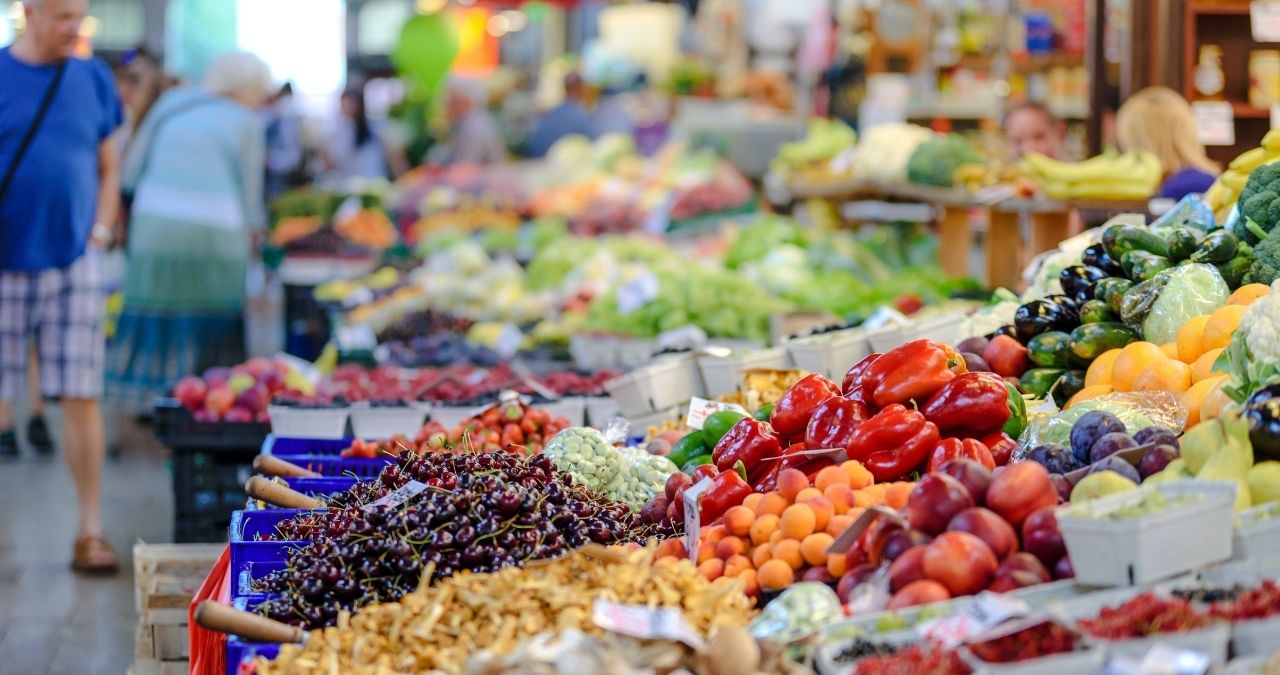The grocery industry is one of the most important industries across the globe. Over the past 70 years, supermarkets and grocery stores have evolved into one of the most diverse industries. This evolution would not have been conceivable without an effective grocery store and retail supply chain management system.
How Does the Grocery Supply Chain Work?
To help ensure consistency, supermarkets leverage wholesale grocers to aid them in merchandise distribution. Wholesale grocers bridge the gap between product manufacturers, food producers, as well as retailers. However, they also sell goods to other wholesalers or distribution companies.
Wholesale Grocers
Wholesale grocers purchase products from manufacturers, then handle the distribution of the merchandise to retail stores. Upon delivery to the grocery store, products are then made available to consumers. Products that wholesalers handle may range from perishable goods such as dairy and meat to non-perishable goods such as shelf-stable food products and cleaning products.
In some cases, a manufacturer may adopt the part of a wholesale grocer and build an entire distribution network to eliminate another middleman.
Specialty Distributors
Within the grocery industry, there are also networks of distribution brokers that purchase goods directly from manufacturers. The brokers will then turn around and sell the products to grocery store retailers. The supply of fresh produce is frequently the result of the use of multiple specialty produce distributors.
Americans have become slightly spoiled as sophisticated global distribution networks help produce to remain fresh upon delivery. Grocery stores will oftentimes purchase popular products from other countries that are not in the local growing season, to satisfy consumer tastes.
Direct Store Delivery
When stocking empty shelves in a grocery store, the store will use a variety of distributors. For example, specialty, or regional grocery distributors tend to focus on items such as dairy products and alcoholic beverages. Certain products, including snack items, carbonated beverages, and baked goods are handled via direct store delivery (DSD).
DSD focuses on delivering products directly from the supplier to the retailer. Unlike some products, these products are put in grocery retailer distribution centers. The DSD driver will stock the store shelves, recording information on store inventory. DSD products often lean toward being fast-moving, high consumer demand items.
Grocery Store Supply Chain
The COVID-19 pandemic brought about many changes to consumer demand as well as trends. Having so many consumers quarantined has upset the balance of forecasted demand and retail sales for the grocery industry. Supply shortages have been noticeable in certain areas including meat, cleaning supplies, and even baby formula.
To accommodate this new reality, experts are tweaking the supermarket chain model. The good news is that the food supply chain industry is in the process of evolving to meet the changing needs of the time and prepare better for the future.
Additional Information: Product shortages and soaring prices reveal fragility of U.S. supply chain
Cannonball Express Transportation
Cannonball Express Shipping Company has been providing top-of-the-line service at a reasonable rate. Based in Omaha, Nebraska, we provide nationwide refrigerated LTL services, as well as, local delivery services. Contact us today!
Nationwide Shipping Company Services:
- Refrigerated LTL deliveries in the lower 48 states
- Refrigerated Cross dock
Local Shipping Company Services:
- Redelivery Services
- Truckload & LTL Capabilities
- PUP
- Cross dock
- Transload
- Warehouse and Distribution capabilities from multiple Omaha Locations

